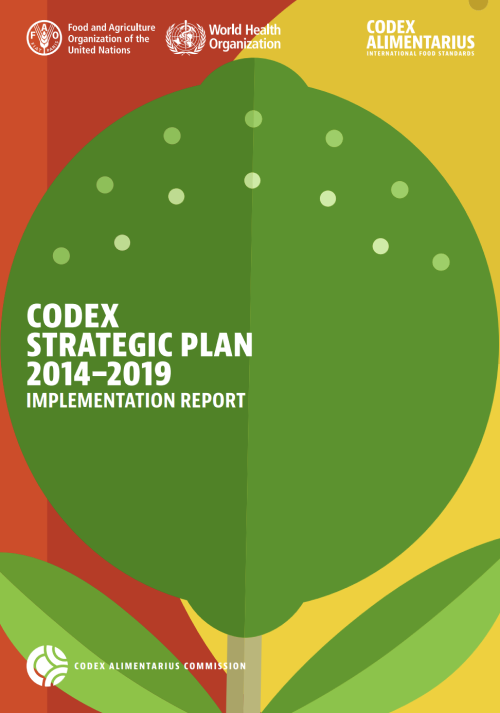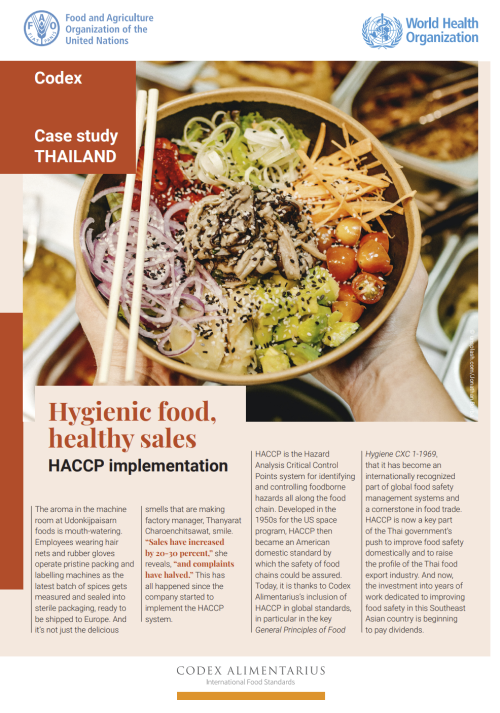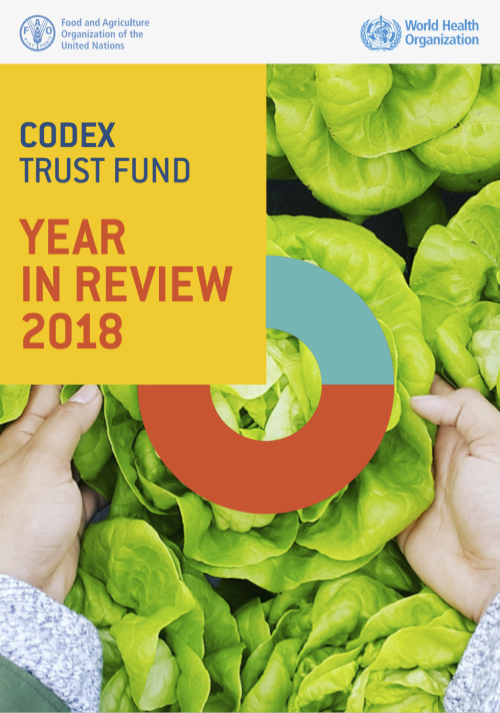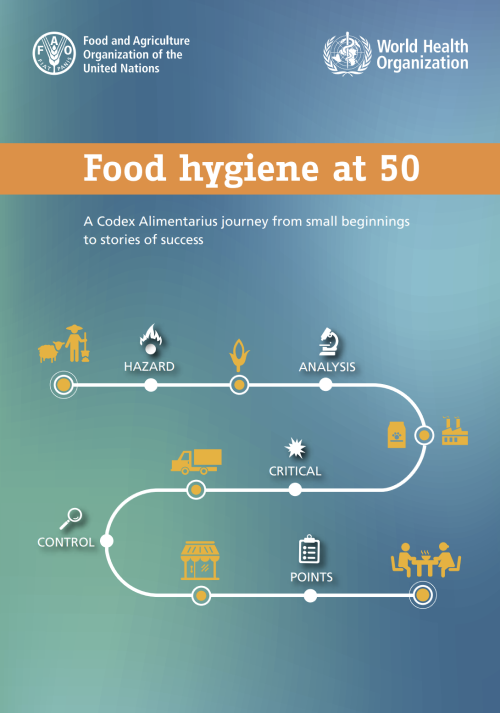Scientific
Approach

The foundation of Codex standards is sound scientific evidence. From the very beginning, the Codex Alimentarius has been a science-based activity. Experts and specialists in a wide range of disciplines have contributed to every aspect of the Codex Alimentarius to ensure that its standards withstand the most rigorous scientific scrutiny.
What is the
Codex Alimentarius?

The Codex Alimentarius, or “Food Code” is a collection of standards, guidelines and codes of practice adopted by the Codex Alimentarius Commission. The Commission, also known as CAC, is the central part of the Joint FAO/WHO Food Standards Programme and was established by FAO and WHO to protect consumer health and promote fair practices in food trade. It held its first meeting in 1963.
Why do we need
Codex standards?
The Codex Alimentarius, or “Food Code” is a collection of standards, guidelines and codes of practice adopted by the Codex Alimentarius Commission.
The Commission, also known as CAC, is the central part of the Joint FAO/WHO Food Standards
Programme and was established by FAO and WHO to protect consumer health and promote fair practices in food trade.
It held its first meeting in 1963.
In Evidence
Report
Implementation Report
Codex Strategic Plan 2014-2019
In 2013 the Codex Alimentarius Commission (CAC) approved its most ambitious plan to date: the Codex Strategic Plan 2014-2019.
Study
Hygienic food, healthy sales
HACCP implementation
This case study demonstrates the impact that adoption of science-based food standards can have.
Report
Codex Trust Fund
Year in Review 2018
The Codex Trust Fund (CTF) supports developing and transition economy countries to participate fully and effectively in Codex.
Magazine
Food Hygiene at 50
In 1964, nine Codex Alimentarius Commission Member countries and a number of Observer organizations gathered in Washington DC, United States of America to begin building consensus on how to produce food hygienically and, where feasible, set limits for microbial counts in foods.










